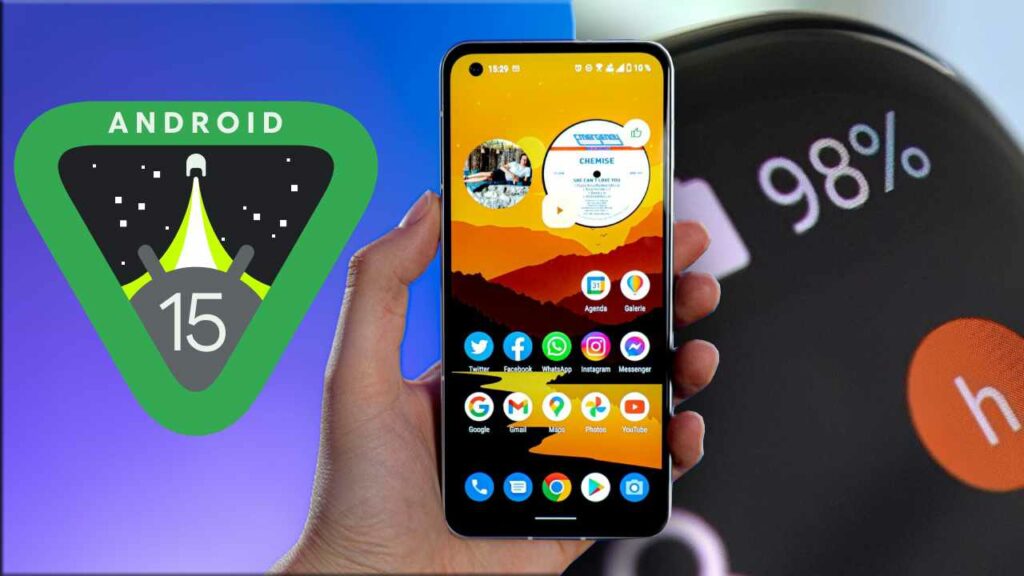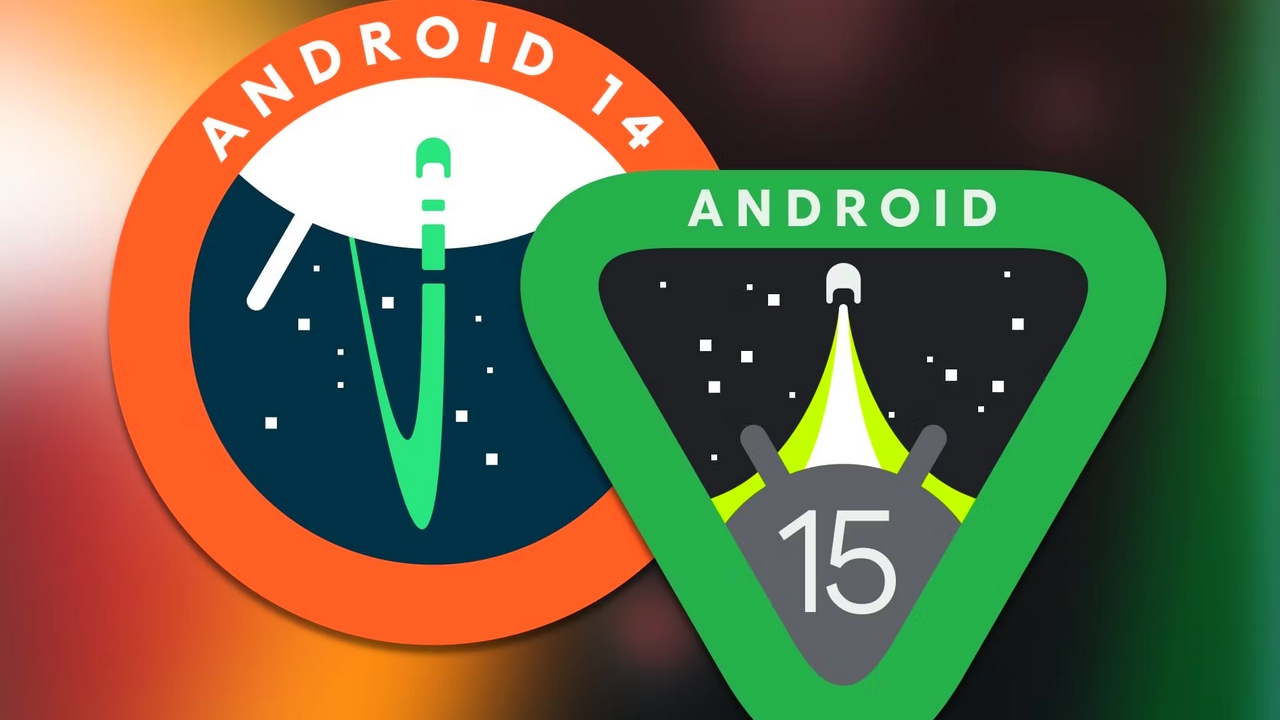Android users have been complaining about one thing for years: update support. Most Android phones stop receiving software updates a few years after they are released. This shortens the lifespan of the device. Google, on the other hand, is planning to extend the update period of Android phones up to 7 years with a new plan that will make Android users happy. So, how will this be possible?
It will be like iOS: Android devices will receive update support for 7 years
In fact, Google’s new plan is to make it easier for chipmakers. Normally, when a phone manufacturer wants to implement a new version of Android on its device, chipmakers have to update their software as well. However, Google’s new arrangement will allow chipmakers to “freeze” their software and use it for up to 7 new Android versions.

In other words, the software certification process is done once and then the certification is valid for many years. This means less effort for manufacturers and longer updates for users. For example, major chip manufacturers such as Qualcomm will be able to take advantage of this change and offer updates for longer.
Of course, every good thing comes at a price. The new system is not without some disadvantages. For example, the software freeze means that some new Android features may not work on older firmwares. Let’s say Google adds a shiny new feature to a new version of Android, but it needs a specific software update.
In that case, some devices with frozen firmware might not be able to use the new feature. The general consensus, however, is that these minor limitations don’t really matter compared to the benefits of long-term update support.
Especially for entry-level and mid-segment Android phones, this change is a huge boon. Because devices in this segment usually received updates for the shortest period of time and users had to buy a new device in a few years. However, with the new regulations, these devices will now be able to stay up to date for 7 years.













